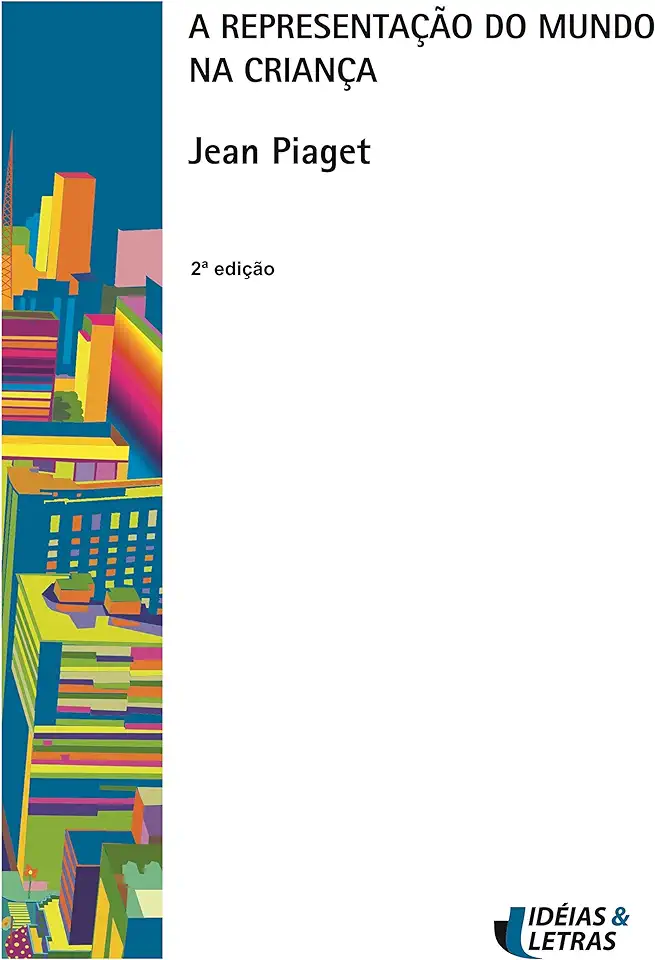
The Child's Conception of the World
The Child's Conception of the World: A Classic Work on Child Development
A Pioneering Exploration of Children's Thinking
In his groundbreaking book, "The Child's Conception of the World," Jean Piaget presents a comprehensive and insightful exploration of children's cognitive development. Originally published in 1926, this seminal work has stood the test of time and remains a foundational text in the field of child psychology. Piaget's pioneering research revolutionized our understanding of how children construct their understanding of the world around them.
Key Themes and Insights
Piaget's theory of cognitive development, as outlined in "The Child's Conception of the World," is centered around the idea that children's thinking is qualitatively different from that of adults. He argues that children's cognitive development progresses through a series of distinct stages, each characterized by unique ways of understanding and interacting with the world.
Stage 1: Sensorimotor Stage (Birth to 2 Years)
During the sensorimotor stage, infants and toddlers primarily rely on their senses and motor skills to explore and understand their environment. They learn through direct physical interactions with objects and gradually develop a basic understanding of cause-and-effect relationships.
Stage 2: Preoperational Stage (2 to 7 Years)
The preoperational stage is marked by the emergence of language and symbolic thought. Children begin to use words and mental representations to represent objects and ideas. However, their thinking is still egocentric, meaning they struggle to understand perspectives other than their own.
Stage 3: Concrete Operational Stage (7 to 11 Years)
In the concrete operational stage, children develop the ability to think logically about concrete objects and events. They can perform mental operations such as classification, seriation, and conservation. However, their thinking is still tied to the here and now, and they struggle with abstract concepts.
Stage 4: Formal Operational Stage (11 Years and Up)
The formal operational stage is the final stage of cognitive development, characterized by the ability to think abstractly, reason deductively, and consider multiple perspectives. Adolescents and adults in this stage can engage in complex problem-solving and hypothetical reasoning.
Significance and Impact
Piaget's theory of cognitive development, as presented in "The Child's Conception of the World," has had a profound impact on the field of child psychology and education. It has provided a framework for understanding how children's thinking develops and has influenced the design of educational programs that cater to different developmental stages.
Why You Should Read This Book
"The Child's Conception of the World" is a must-read for anyone interested in child development, psychology, or education. Piaget's groundbreaking research offers a deep dive into the fascinating world of children's thinking, providing valuable insights into how they make sense of their surroundings. This classic work continues to inspire and inform researchers, educators, and parents alike, making it an essential addition to any bookshelf.
Conclusion
Jean Piaget's "The Child's Conception of the World" is a timeless masterpiece that has shaped our understanding of children's cognitive development. Its comprehensive exploration of children's thinking, from infancy through adolescence, provides a wealth of knowledge and insights that remain relevant and applicable today. Whether you are a researcher, educator, parent, or simply someone interested in human development, this book is a must-read that will enrich your understanding of the world through the eyes of a child.